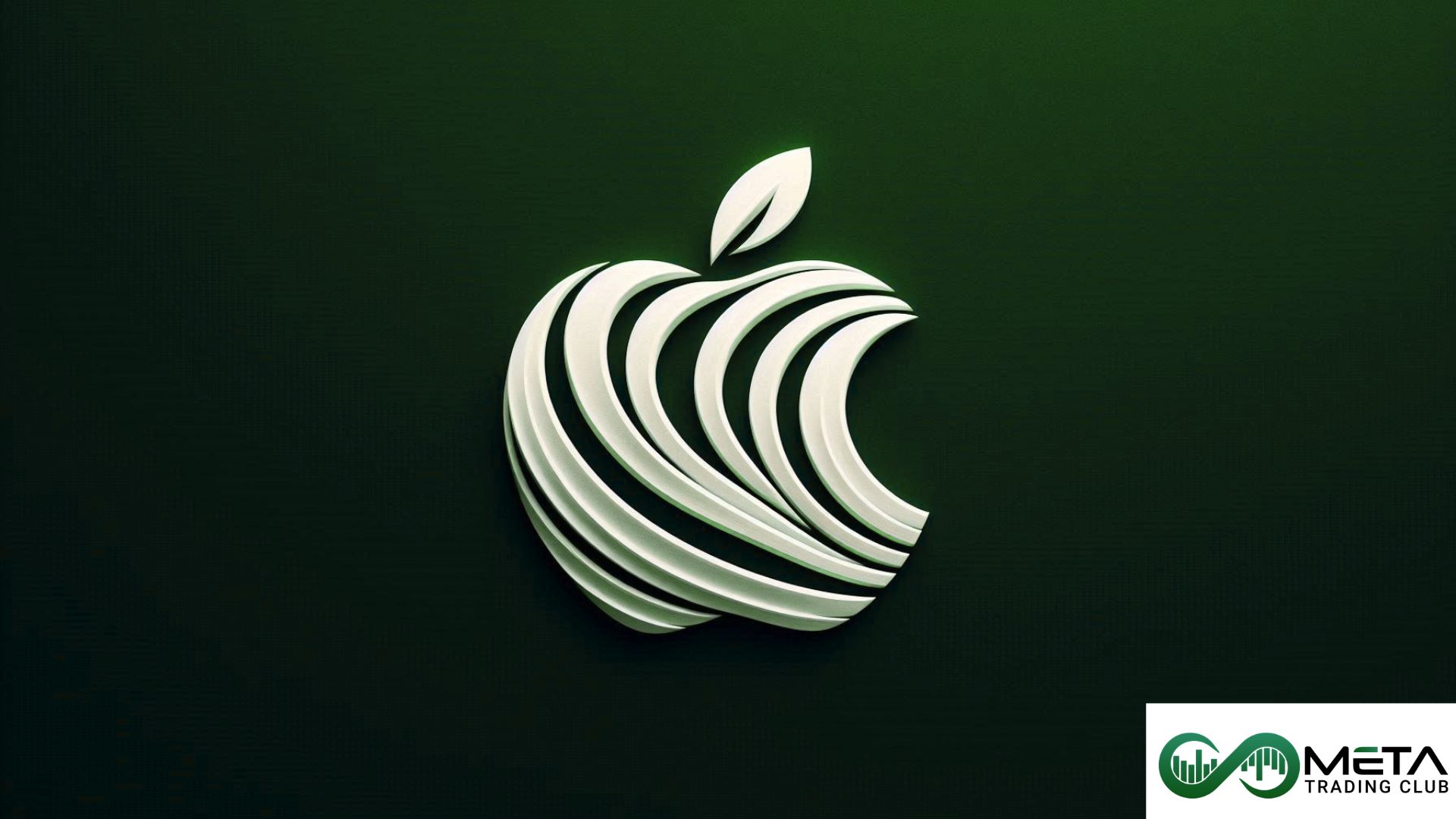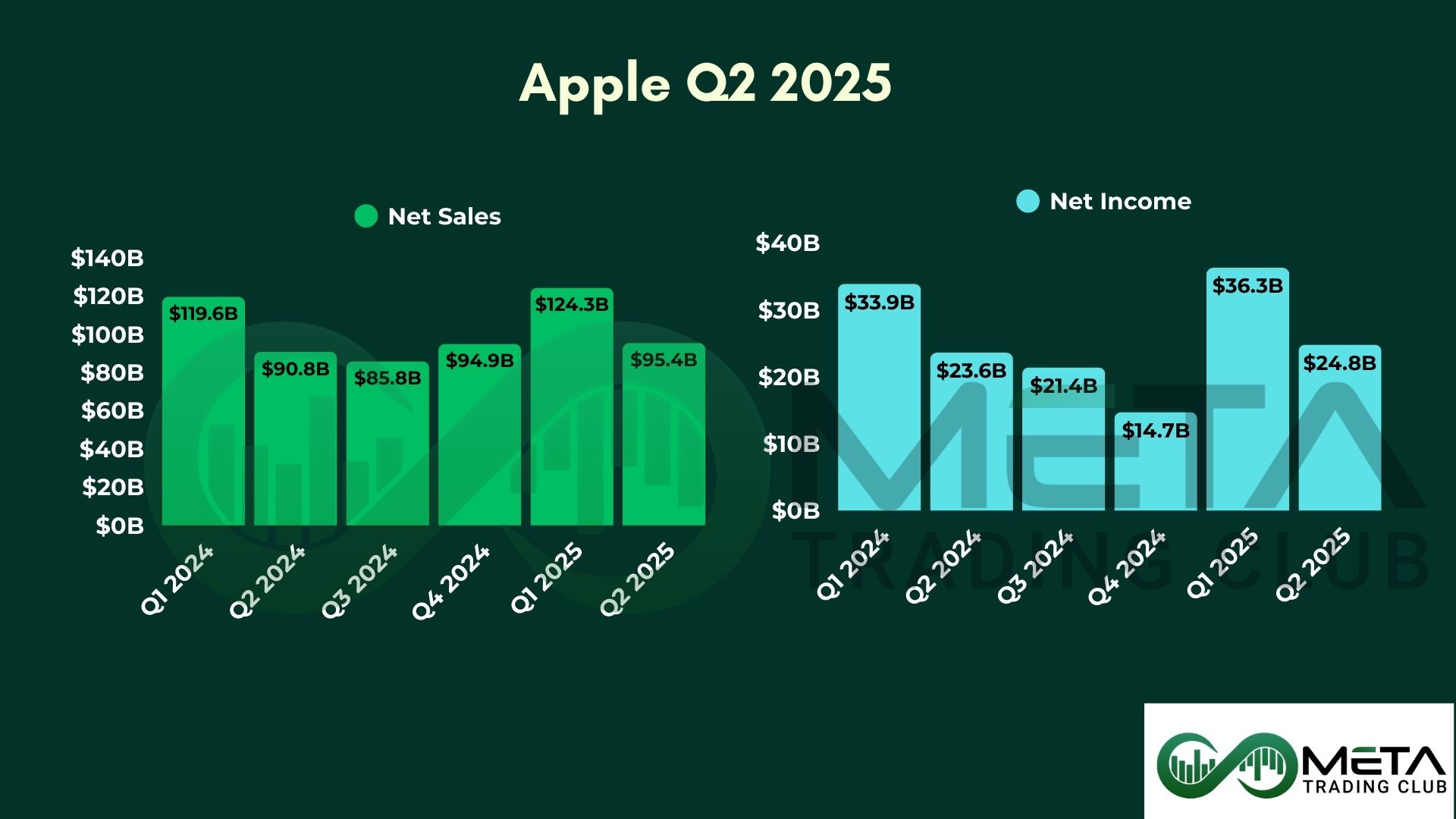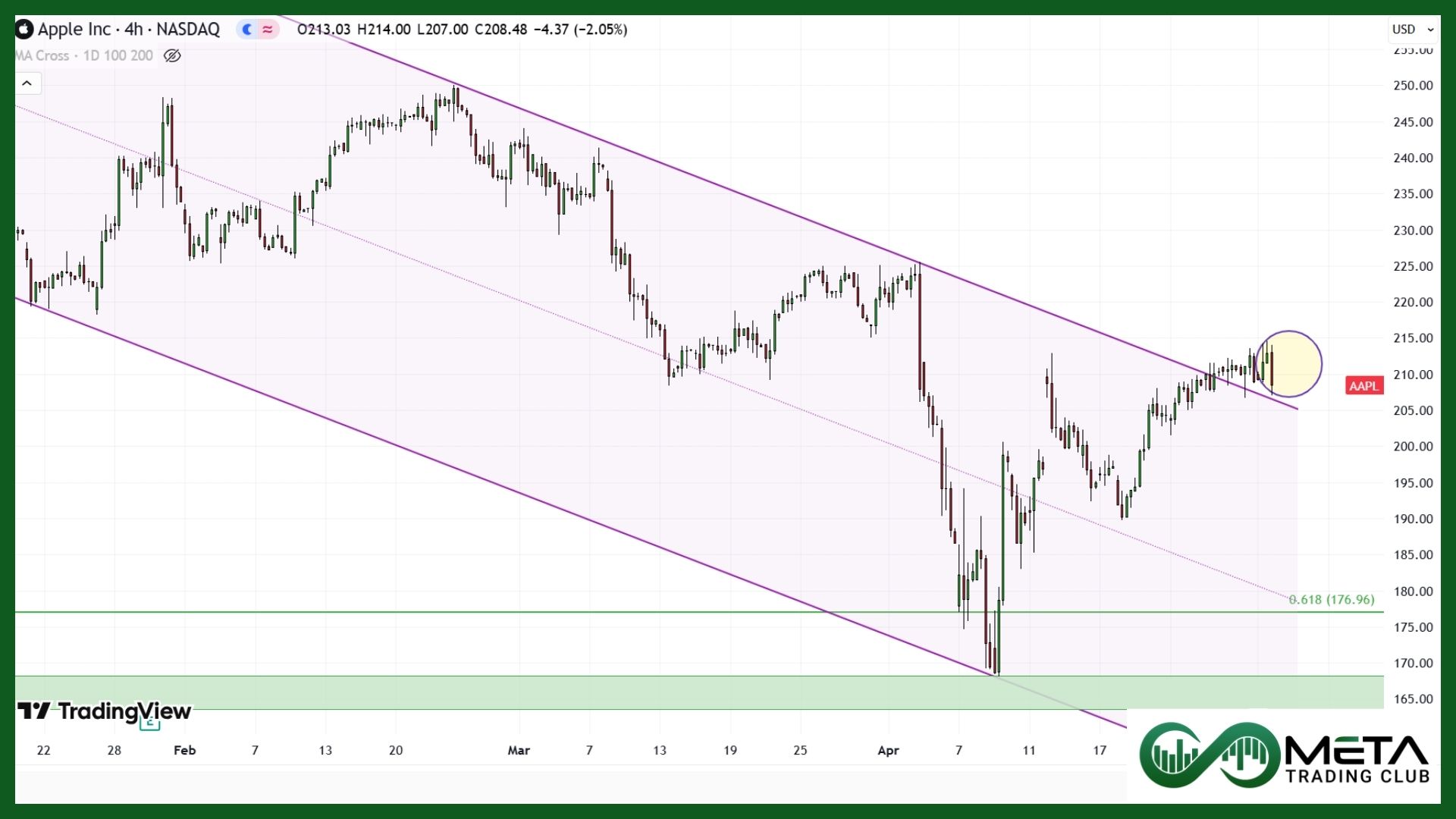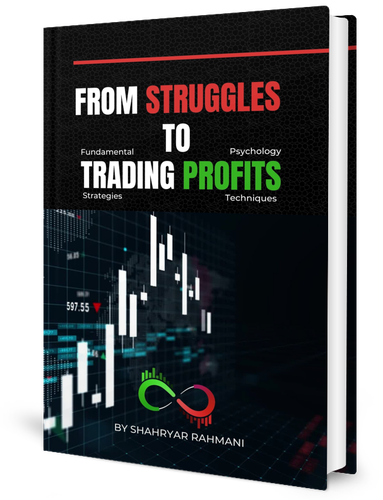Apple is a big tech company known for creating innovative gadgets and technology. It started in 1976 with founders Steve Jobs, Steve Wozniak, and Ronald Wayne. Apple became famous for its computers like the Apple II and the Macintosh. In 2007, the company changed the smartphone world with the launch of the iPhone. They also make iPads, Apple Watches, and offer services like Apple Music, iCloud, and Apple TV+.
Apple’s main office is in Cupertino, California, in a building called Apple Park that looks like a spaceship. The company is known for its stylish designs and easy-to-use products that work well together. Apple is also trying to help the environment by using recycled materials and aiming to be carbon neutral. The company’s influence goes beyond technology, impacting culture and modern innovation.
Apple Fiscal Q2 2025
Apple (AAPL) Q2 2025 revenue and profit missed expectations. The company made earnings per share of $1.65, up 4.8% from last year, while revenue increased 5.1% to $95.36 billion. Despite the growth, both numbers came in lower than analysts predicted.
A federal judge ruled that Apple violated a 2021 court order requiring it to allow greater competition for app developers and payment methods on the App Store. The ruling, issued by Judge Yvonne Gonzalez Rogers, stems from Epic Games’ antitrust lawsuit against Apple. The judge also addressed details of the original injunction and allegations that an Apple executive lied under oath.
Highlights:
- Adjusted earnings per share (EPS): $1.65, slightly below estimate of $1.67.
- Total revenue: $95.4 billion, exceeding expectations of $96.12 billion.
- iPhone revenue: $46.8 billion, surpassing forecast of $45.9 billion.
- China revenue: $16 billion, below the estimated $16.83 billion.
- Mac and iPad revenue: Both exceeded estimates.
- Services and Wearables revenue: Fell short of expectations.
Boards Statements
Tim Cook, Apple’s CEO, said that Apple delivered strong quarterly results, driven by double-digit growth in Services.
He highlighted the introduction of the iPhone 16e and powerful new Macs and iPads, leveraging Apple silicon’s advanced capabilities. Additionally, he emphasized Apple’s commitment to sustainability, announcing that the company has reduced carbon emissions by 60% over the past decade.
Kevan Parekh, Apple’s CFO, stated that the company’s March quarter performance led to 8% EPS growth and $24 billion in operating cash flow, enabling Apple to return $29 billion to shareholders.
He also highlighted the company’s strong customer loyalty and satisfaction, which contributed to its installed base of active devices reaching an all-time high across all product categories and geographic regions.
Impact on the Stock Market
Apple’s performance in early 2025 showed how it was doing before President Trump announced new tariffs in April, which shook financial markets over fears of rising inflation and a possible recession.
Since Apple depends on Chinese factories for its products, it was hit hard by the trade war, causing its stock to drop 23% and wiping out $773 billion in shareholder value. However, after Trump temporarily exempted iPhones and other electronics from the tariffs, Apple recovered most of its losses, but its stock is still down nearly 5% since April.
Apple’s stock dropped 2% after its Q2 2025 earnings report. Investors are still worried about tariffs and economic uncertainty affecting future growth. Even though the earnings were not bad, concerns about supply chain issues and market conditions are making investors cautious.















